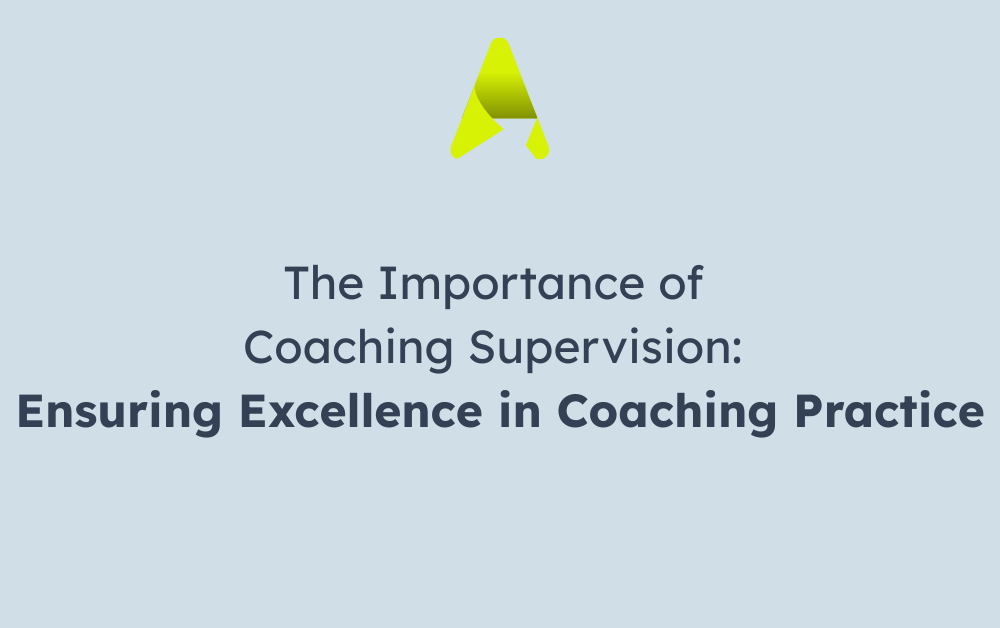Article Contents
- Trends
- Challenges
- Solutions
- Conclusion
The Changing Face of Corporate Development
Companies are leveraging new technologies to enhance data analytics, improve decision-making processes, and streamline operations. A recent study by IBM highlights three major trends shaping corporate development today:
- AI-Driven Training: AI technology is transforming how employees learn by providing personalised training experiences. AI-based software analyses individual learning styles, past performance, and knowledge gaps to tailor content for each learner. This ensures more effective and efficient teaching, helping employees acquire specific skills they need to excel.
- Agile Training: Agile training emphasises ‘learning by doing’, fostering a culture of collaboration and continuous improvement. Employees are encouraged to take initiative, solve problems in real time, and learn from their experiences, leading to more dynamic and responsive teams.
- Remote and Flexible Learning Models: The COVID-19 pandemic accelerated a shift towards remote work, making resilience, flexibility, and effective mobile workforce management critical. Companies must now ensure that off-site employees remain productive, engaged, and continually developing through remote learning programs.
Challenges in the Modern Corporate Landscape
While the shifting market offers exciting opportunities, it also presents challenges. Research from the International Coaching Federation (ICF) suggests that many businesses are struggling to navigate automation and social change. Established corporate training methods are no longer effective, and rapid technological advancement is shortening the shelf life of skills, making it harder to close the gaps. Further issues include:
- Economic Uncertainty: Fluctuating economic conditions, driven by factors such as geopolitical tensions, pandemics, and market volatility, pose significant challenges. Companies need strong, well-informed strategic leaders who can navigate these uncertainties.
- Outdated Training Methods: Traditional training methods are now insufficient. To keep pace with technological advancements, businesses must embed a culture of ongoing and self-motivated learning. This should be supported by distance education and mobile “just-in-time” programs, which deliver training on-demand to meet learner needs.
- Evolving Skill Sets: The rapid integration of AI and automation is changing the skills landscape. IBM predicts that over 120 million workers in the world’s 12 largest economies will need to be retrained within the next three years to adapt to new technologies.
- Rising Importance of Soft Skills: As technology takes over routine tasks, human-centric skills like communication, empathy, and critical thinking gain value. Previously overlooked, these soft skills are now essential for driving innovation and maintaining a competitive edge.
- Shifting Organisational Cultures: Environmental, Social, and Governance criteria are becoming more and more strict. Companies must prioritise sustainability initiatives and ethical practices to comply with regulations, which will attract investors & customers who value corporate responsibility.
- Talent Retention: Attracting and retaining top talent is a constant challenge, worsened by the competitive job market and evolving employee expectations. Companies must invest in employee development, engagement, and well-being to maintain a strong and motivated workforce.
The Solution: Embracing a Coaching Culture
Echoing the findings of the ICF, businesses must remain adaptable and open to change to stay relevant and competitive in an evolving marketplace.




